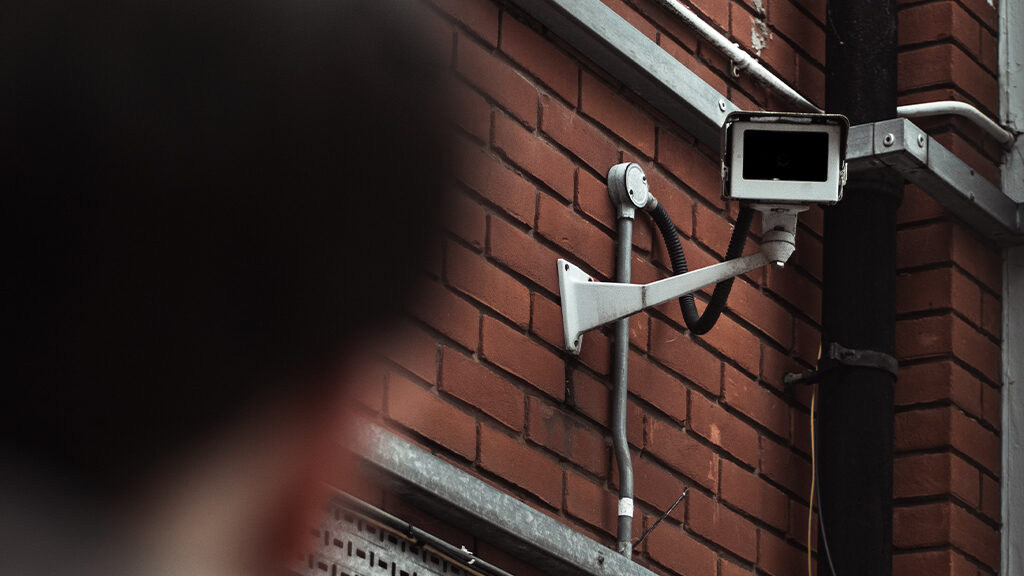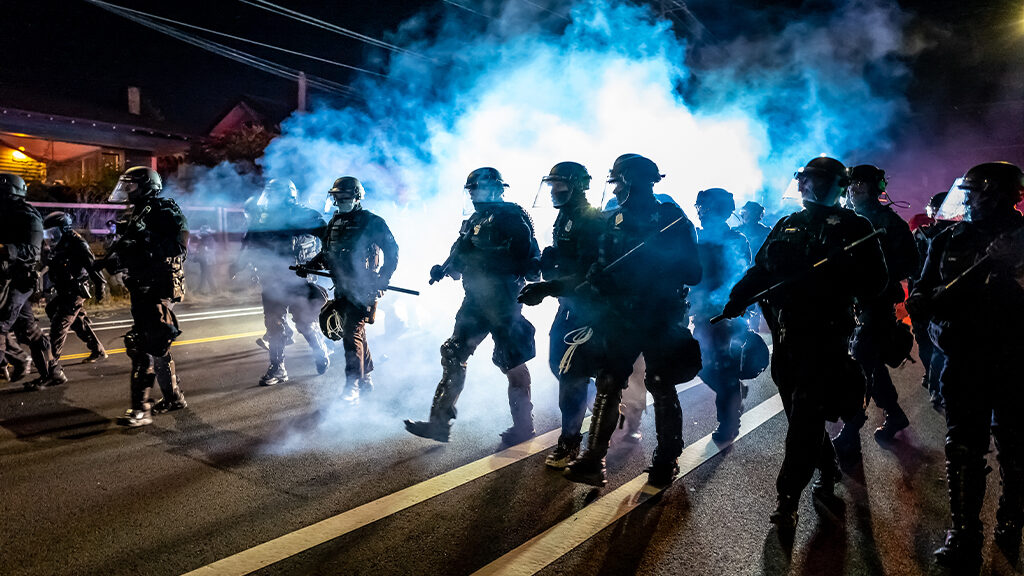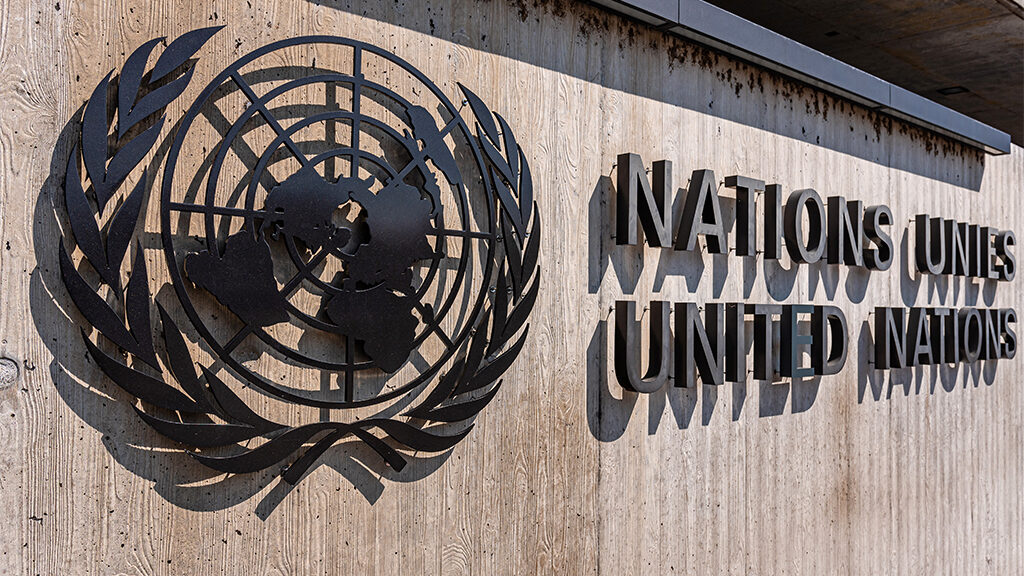News | March 2025
Creative resistance under the ‘Broligarchy’

News, Report | February 2025
Climate emergency and the future of civic space: drawing lessons from the war on terror
News | February 2024
The Future of FATF Recommendation 8 by Human Security Collective
News | October 2021





